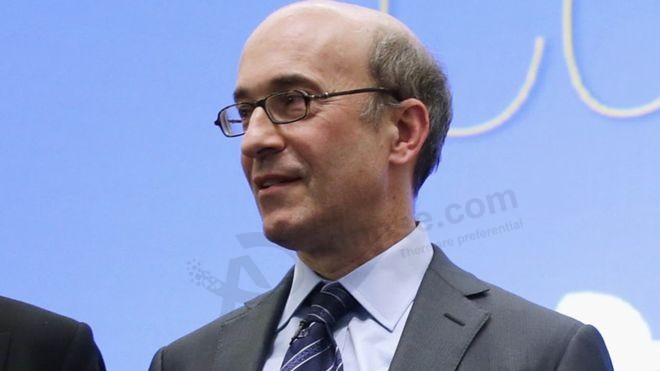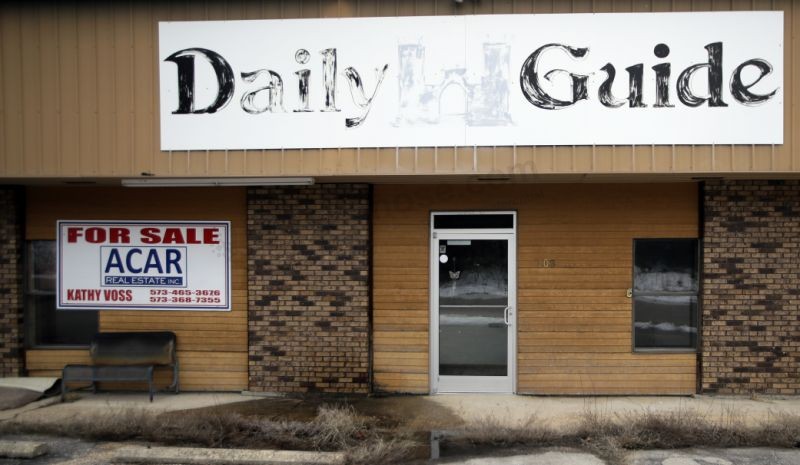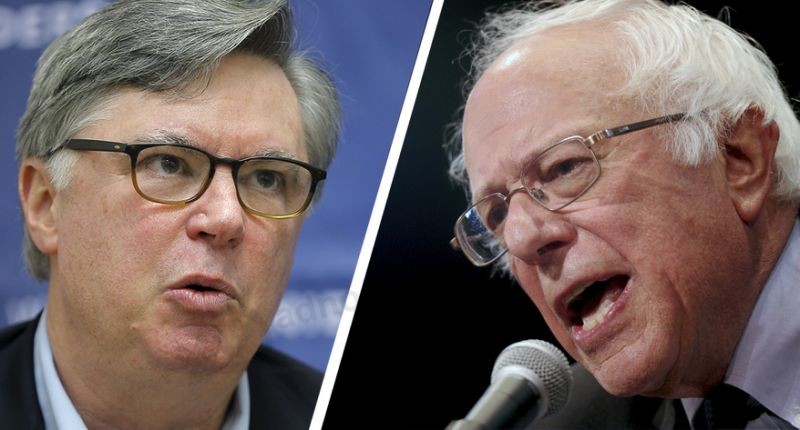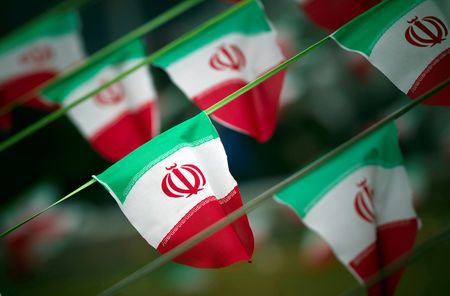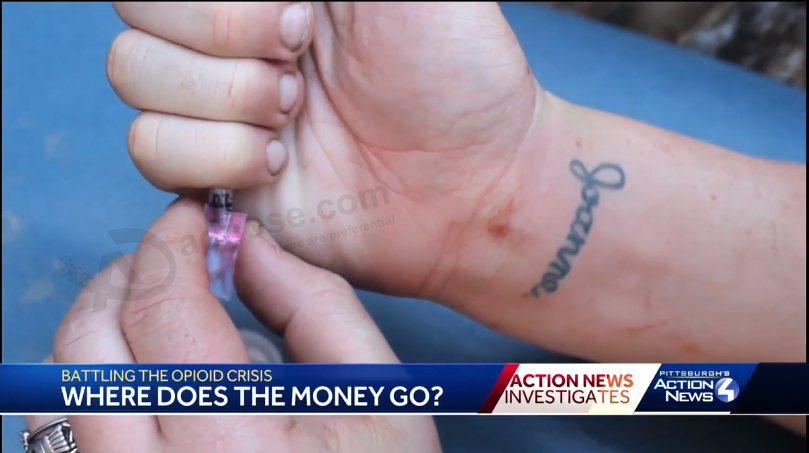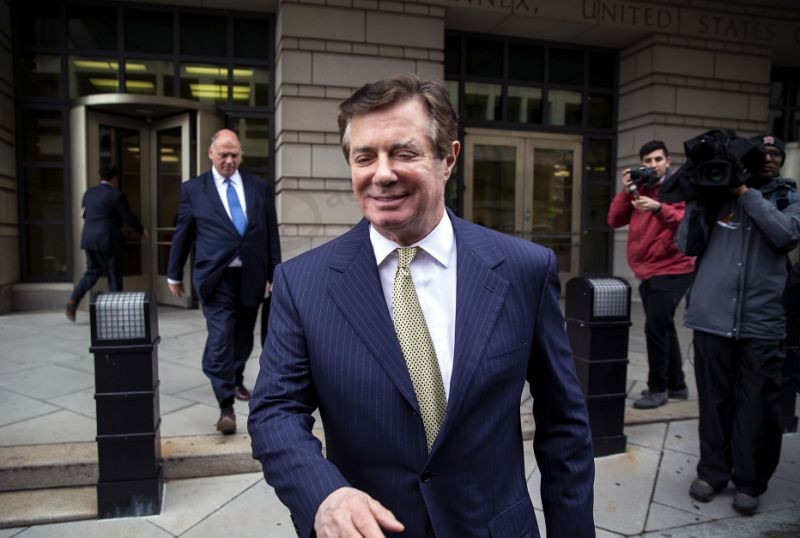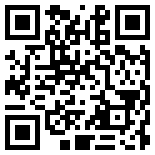-
Sourcing Solutions
- Customized products
- Offset Printing
- Digital Printing
- Sublimate Printing
- Screen Printing
-
Help & Community
- Customer Services & Info
- Vip Member Service
- Feedback
- Contact Us
- Advertising industry trends
- Advertising practitioners Forum
Categories
Categories See All >
Flags / Banners
Inflatable products
Car supplies / Lanyards
Tags & Labels / Decals & Stickers
Bags & Boxes / Printing service
Gifts & Craft / Key & Hook
Display Stands
Cards / Clothes printing
Outdoor advertising products
Materials / Equipment / Other

Flags
Banderas de la ventana del coche
Print your logo,your pattern and more
Banderas de plumas
Banderas de mano
Banderas de Swooper
Banderas planas
Banderas de lágrima
Banderas nacionales
Banderas de barcos
Banderas del estado de Estados Unidos
Banderas gigantes
Banderas Personalizar
Banderas de Buntings
Stand de bandera de plumas
Banderas del logotipo del coche
Banderas deportivas




Bags & Boxes

Gifts & Craft
Key & Key Hook

Display Stands & Light Box


Outdoor advertising products

Printing Materials
Advertising Equipment
Impresora publicitaria
Publicidad de la máquina de pantalla de seda
Máquina de impresión offset publicitaria
Máquina de hacer placas
Máquina de encuadernación
Troqueladora
Other Advertising Products
0

